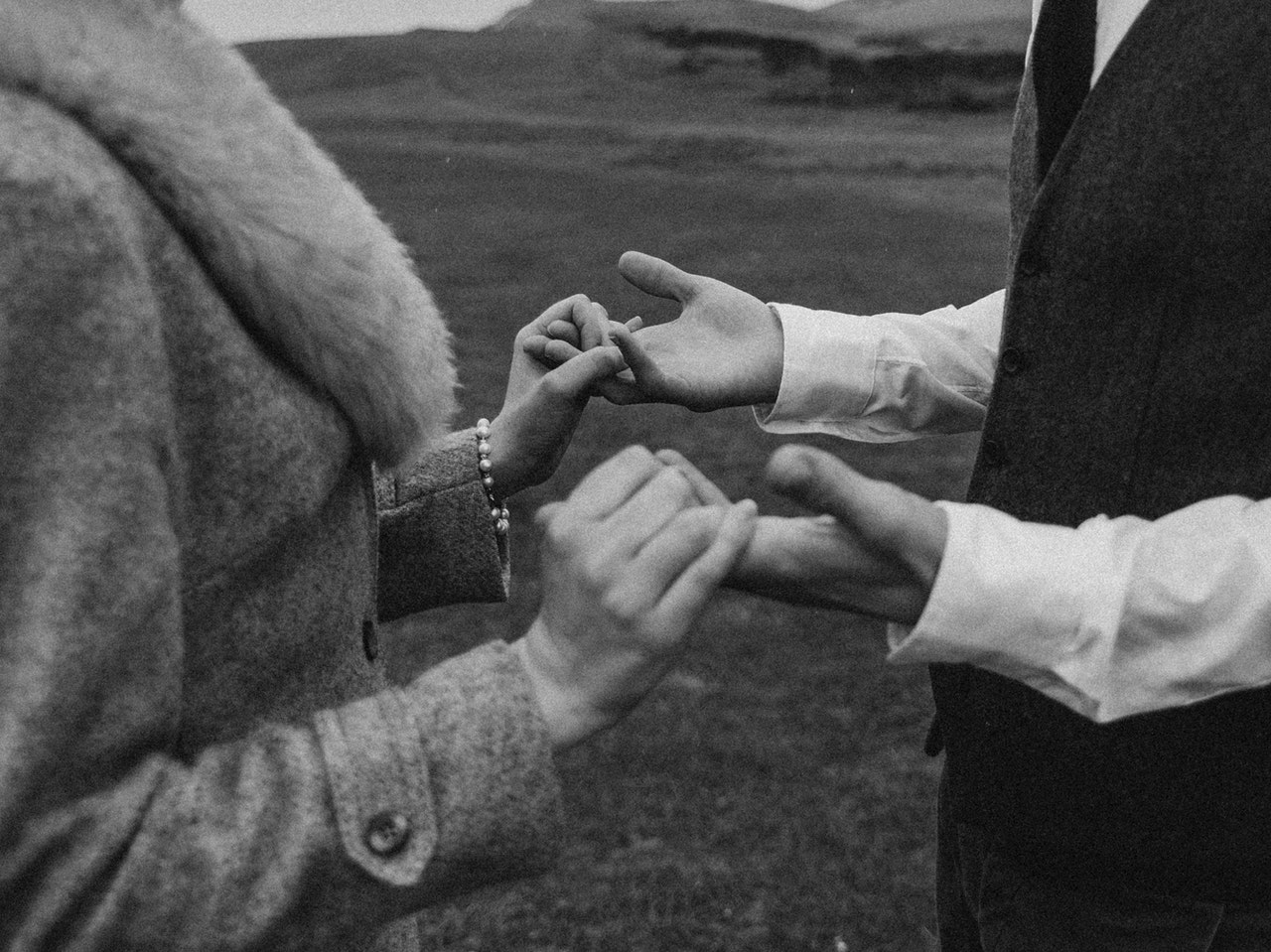Couples often seek our services as sex coaches with concerns that their libidos don’t match up. Their partner either doesn’t want sex enough or wants it too much.
A desire discrepancy between partners can affect many areas within a relationship, such as disturbances in connection, self esteem, and even relationship satisfaction. The rate or frequency at which each person desires sex varies incredibly, and it can be affected by everything from life circumstances to mental health.
Especially in a long term relationship, couples are bound to go through periods of time when their desire for sex doesn’t match up. The issue rarely lies within one partner, but rather the perception and expectations that each partner holds.
How can we help our clients that are out of sync?
Practicing Empathy
It’s important for couples to practice radical empathy when their libidos don’t match up. As sex coaches we can assist each partner in the practice of putting themselves in each other’s shoes. The glass half full approach is a helpful perspective to have in this situation.
The low desire partner may be experiencing guilt and shame while the higher desire partner may be feeling neglected and a sense of low self esteem. Couples are often so deeply invested in their own hurt that they haven’t taken the time to really understand the other’s.
One exercise that could be helpful here is a roleplaying scenario where each partner explains how the other is feeling as if they were them. This could give the couple an opportunity to see the opposite perspective and better understand the relationship.
In coaching sessions, it’s important to cultivate a space that easily facilitates empathy. Leading by example and maintaining empathy within the foundation of every communication is an effective way to “teach” empathy to each partner.
Connection Beyond Sex

Photo by Flora Westbrook from Pexels
Clients often come into our practice with strict and rigid ideas about what sex means to them. A good place to start might be really defining sexual experiences. What constitutes a good experience? A bad one? Laying these ideas out there can help us begin reconstructing their definitions of intimacy.
The cycle of resentment that is often present when libidos don’t match up doesn’t usually include compromise. Instead of repeating the same cycle of guilt and building resentment, we can encourage our clients to pivot by changing their perspective.
When our clients expand their definition of sex, they can experience a break in the cycle of resentment. Ask your clients:
“When do you feel most connected to your partner?”
“What kind of touch fosters intimacy for you?”
“What nonsexual acts does your partner do that make you feel loved?”
Encouraging your clients to expand their definitions of sex not only helps remedy the issue of a desire discrepancy, but it could also lead to more pleasurable experiences in general. Monotony in long term relationships can be helped by incorporating other areas of pleasure into their relationship.
Managing Expectations
Sex coaches can also help clients come up with practical strategies to collaboratively manage their expectations. Often the issue of mismatched libidos is rooted in a mismatching of expectations. Couples may find that they are having less sex than they did in the beginning of their relationship, which may be because expectations have shifted and changed over time. It’s important for couples to work together instead of against each other.
Try asking your clients:
“What frequency of sexual experiences feels satisfying for you?”
“What hits your sexual brakes? What hits the gas?”
“When do you feel the most sexy and desirable?”
When each partner gets to hear the other’s answer, it could open up the door for more practical strategies. They may discover things about their partner they hadn’t considered before. It could allow them to shift their perspective away from resentment and into empathy.
Resentment is not sexy and is not likely to help a couple resolve their desire discrepancy. Helping them shift their perspective, adjust their expectations, work collaboratively, and cultivate empathy for one another can lead to a softening or an opening toward one another—and this is key to finding their way back to a loving, erotic connection that is satisfying for both.
Continue the Conversation
Curious about training to become a Certified Sex Coach™? Join the next live Info Session to meet the SCU team and participate in a live Q&A!







